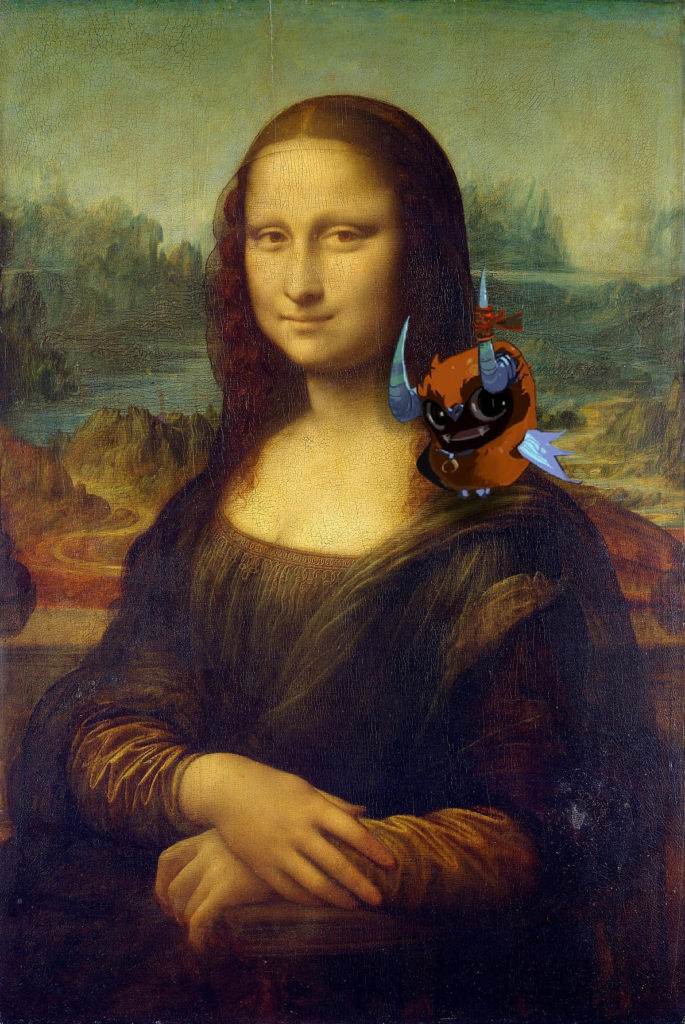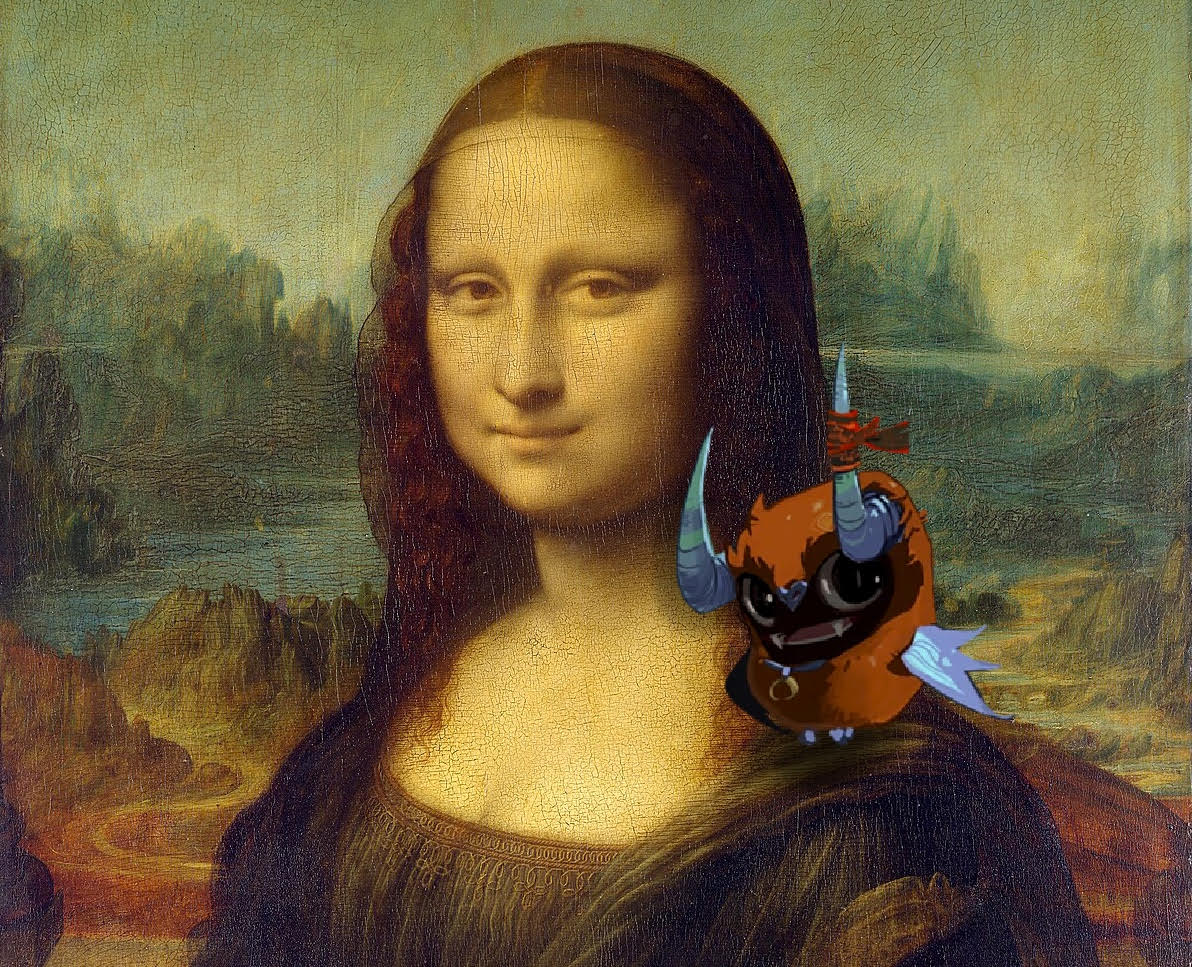Throughout this quarter, the debate of whether video games should be considered art was brought up. To a Critical Video Game Studies Class, it seems preposterous to even consider that video games aren’t art. I am aware that this is a much discussed topic, so I will do my best not to sound too redundant.
The most noteworthy and staunch advocate against video games being considered art is the famous movie critic Roger Ebert. He has an article called, “Video Games Can Never Be Art” and in it, he responds to a Ted Talk given by Kellee Santiago. In this Ted talk she argues that video games are “already art”. The first point is that there has been no equivalent in video games of master artists or master pieces. Here, Santiago concedes this point to Ebert, however, why does there need to be conventionally recognized master artists to validate an art form? Cave drawings keep being brought up, and I think many indigenous crafts(whole other topic of debate, are crafts art, my short answer, yes) could be used as an example. but our artist bias leans us away from considering it an art, or what I would say “fine art”. I think that a lot of this debate stems from “fine art” ways of thinking. They ask, where are the Michelangelos and insert other classical artists here. You cannot say video games aren’t art because you don’t consider there to be a Michelangelos of video games. One, there are programmers and artists, not mutually exclusive terms, that revolutionized video games and have created “masterpieces”, and also it’s a different art form that isn’t going to completely follow the same conventions as the classical arts.
In Ebert’s article he also writes, “Do they require validation? In defending their gaming against parents, spouses, children, partners, co-workers or other critics, do they want to be able to look up from the screen and explain, ‘I’m studying a great form of art?’ Then let them say it, if it makes them happy.” I’m trying to give him the benefit of the doubt and not read that in a condescending tone. There is a lot more that can be written on this debate, but what I think is the bigger stake or perspective we should consider is why there is this debate, and the powers at play. How old attitudes couched in austerity, the same attitudes that didn’t initially consider film as art, are missing such a massive opportunity by not considering video games as art. That being said, it’s their loss. This class is evidence enough of it. I never questioned whether or not we were talking about art, videogames are art. Time is ever in motion, and the study of ludology is going to keep expanding, and in groups like ours, the idea that video games aren’t art seems like an outdated idea. I believe this will only continue to gain dominance as video game studies develop even more. And in the process dismantle old structures of power that privileged the wealthy and austere, building new collectives and ideas. Our particular collective having the best discussions on video games in America.
Roger Ebert’s Article, “Video Games Can Never Be Art”
https://www.rogerebert.com/roger-ebert/video-games-can-never-be-art
Kellee Santiago’s Ted Talk



I appreciated your addressing this point of debate! Something I’d like to add, too, is that video games are–at least, compared to literature, visual art, and so on–extraordinarily young as an artform. By this point, in, say, film history, most of what we’d now consider to be “classics” were only just being created. The movies of the 40s and 50s would just now be being created, let alone the 60s, 70s, 80s, and onward. And, in general, it’s been really nice to go through this quarter in a room of people taking video games as art seriously, so, between this post and our last class, it was nice to have a little bit of a closing note on a sort of elephant in the room.
I read Roger Ebert’s original “Video Games Can Never Be Art” article when I was working on my video essay, and I definitely found it preposterous. Obviously, we have the benefit of being exposed to many games since the publication date of that article (2010, I believe), but even then, there were games that were certainly deserving of the classification. I think that the whole point about authorial control is an interesting one but also a pretty lazy one. How many art pieces and art forms encourage or even necessitate collaboration? If he grants these forms the esteemed distinction of “art” — as he does collaborative dance and the painting of a cathedral — then it seems a mere grudge to refuse entry to games (are not members of a game design team individual artists in the same way that the dancers in a group dance are?) Ebert contends that you can’t “win” art as you can videogames, but you cannot “win” all videogames. It really seems like Ebert ignored the nuance and breadth of the medium and subscribed to a conception of it in which all games were like digital versions of chess (which, in my opinion, could still be considered art). I think that any argument that rejects nuance is treading on a very slippery rhetorical slope, and I think it is safe to say that Ebert’s, at this point, has fallen.
This was a very well thought out post. Prior to taking this class, I probably never would have acknowledged video games as a form of art. After all, it’s all I had heard throughout my entire life. Now that I’m done taking the course, I couldn’t feel any more different. There is no doubt in my mind video games are an art form. I’d even go as far as to say its one of the most effective at letting an artist communicate with an audience.
I agree that this class has really opened my eyes to seeing video games as an artwork, since I have (like many others, I’m sure), have heard many people talk about how playing video games is only a waste of time and cannot be compared to something like a book or a movie. I love how you said that “the idea that video games aren’t art seems like an outdated idea”, because it really is and if it is not yet, truly should be. Every medium has its pros and cons, but looking at the video game medium as only the cons just because we are so used to only seeing other things as forms of art has always seemed like backwards to me, so I’m glad you spoke about it!
I want to add to this debate by pushing back against the argument that video games can’t be art because there are no “master artists” or “master pieces”. What does that even mean? Is there a threshold of people around the world that have to agree that a certain person is a “master artist” or a certain work a “master piece”? These concepts are very arbitrarily defined – and in this case it is done only to condescend games as an artform.
Furthermore, as gaming develops as an artform, we can see gaming’s own “master artists” and “master pieces” be recognized, even in non-gamers. Hideo Kojima (though far from perfect) is considered by so many to be a “master artist” of video games that he has been parodied on the hit Netflix show “Black Mirror”. Furthermore, I cannot count how many times I’ve heard games like “Half Life 2” be called “Citizen Kane” of video games (even from people who’ve only just heard about it!), and many who play it consider it to be without flaw. Is that not good enough for HL-2 to be considered a “masterpiece”?